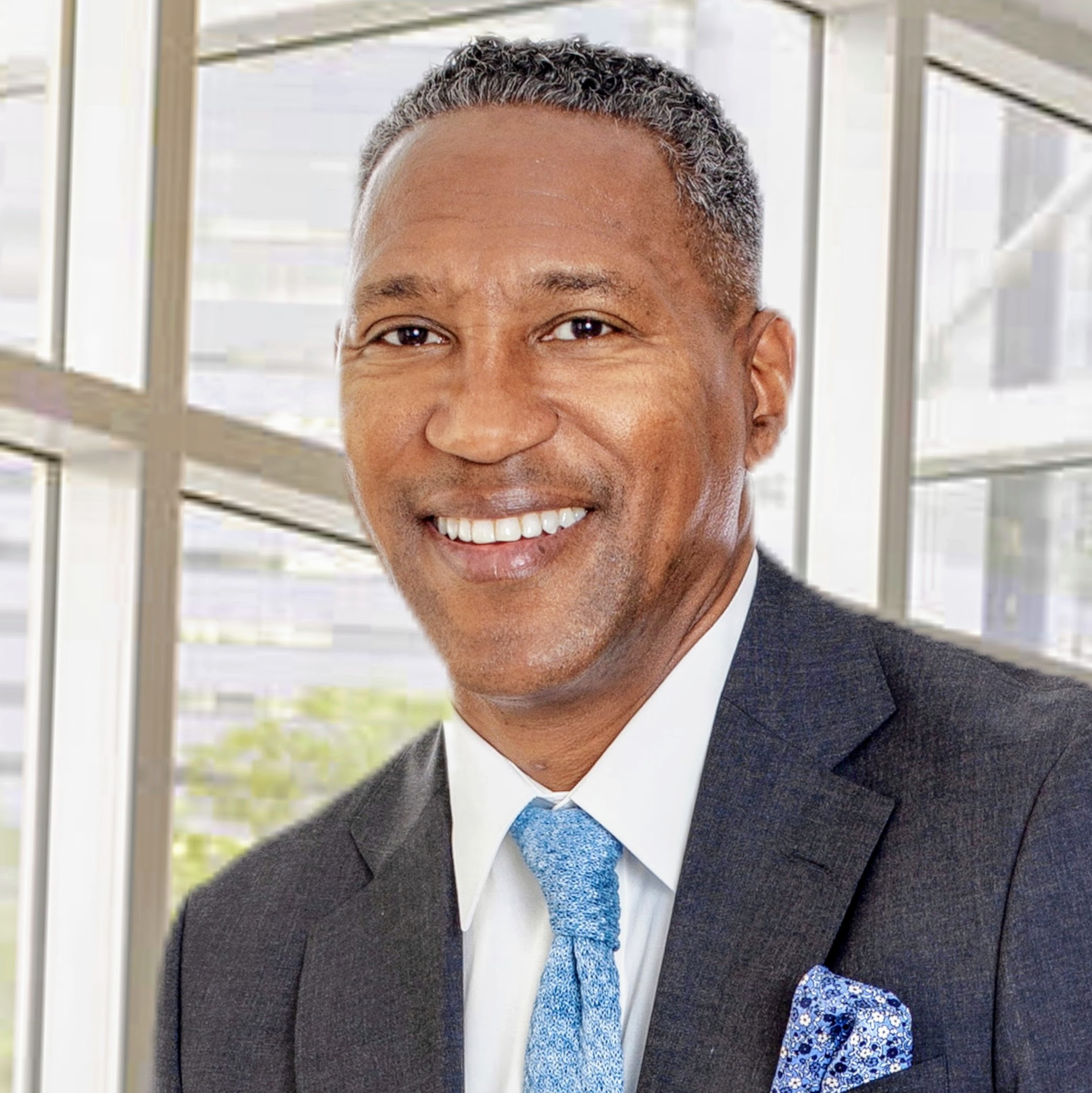
Raymond Millien
General Counsel & Corporate Secretary
Exro Technologies
Raymond Millien is the General Counsel & Corporate Secretary at Exro Technologies.
Prior to joining Exro Technologies, Ray was the Chief Executive Officer of Harness IP, where he oversaw the firm’s operations, including HR, Finance, Marketing/Business Development, IT, and Docketing.
Previously, Ray also served as the Chief IP Officer at Volvo Car Corporation and CEO of Volvo Cars Ventures, where he led a global team of attorneys and managed a multi-million dollar legal budget. Under his watch, Volvo Cars significantly increased its IP licensing revenue and its patent application filing rates, while simultaneously controlling departmental operating expenses.
He has led the IP function at GE Oil & Gas and the American Express Company, and the software IP function at GE Healthcare. Ray has also served as General Counsel of merchant bank Ocean Tomo, LLC, and practiced law in the Washington, D.C. offices of DLA Piper US LLP and Sterne, Kessler, Goldstein & Fox PLLC.
He received a B.S. in Computer Science from Columbia University, and a J.D. from The George Washington University Law School. In addition to his career as an innovation and legal executive, Ray is a lecturer and published author with experience as a member of several boards of directors and in venture capital, licensing, software development, and corporate and technology law.
Ray has been named one of the “World’s 300 Leading IP Strategists” by Intellectual Asset Management (IAM) Magazine and a “Corporate IP STAR” by Managing IP (MIP) Magazine.

Recent Articles by Raymond Millien
As an update to my previous posts from 2017, 2019, 2020, March 2021, August 2021, 2022, 2023, and February 2024, the tenth anniversary of the U.S. Supreme Court’s Alice Corp. v. CLS Bank decision has just passed. Yet, there is still no end to the debate over when a software (or computer-implemented) claim is patentable versus being simply an abstract idea “free to all men and reserved exclusively to none” (as eloquently phrased over 76 years ago by then-Supreme Court Justice Douglas in Funk Bros. Seed Co. v. Kalo Inoculant Co.).
As an update to my previous posts from 2017, 2019, 2020, March 2021, August 2021, 2022, and 2023, it has now been almost a decade since the U.S. Supreme Court’s 2014 Alice Corp. v. CLS Bank decision. Yet the debate still rages over when a software (or computer-implemented) claim is patentable versus being simply an abstract idea “free to all men and reserved exclusively to none” (as eloquently phrased 76 years ago by then-Supreme Court Justice Douglas in Funk Bros. Seed Co. v. Kalo Inoculant Co.).
As an update to my previous posts from 2017, 2019, 2020, March 2021, August 2021, and 2022, it has now been almost nine years since the U.S. Supreme Court’s 2014 Alice Corp. v. CLS Bank decision. Yet the debate still rages over when a software (or computer-implemented) claim is patentable versus being simply an abstract idea “free to all men and reserved exclusively to none” (as eloquently phrased over 74 years ago by then-Supreme Court Justice Douglas in Funk Bros. Seed Co. v. Kalo Inoculant Co.). Further, it has been 12 years since famed venture capitalist Marc Andreessen wrote the influential and often-quoted op-ed piece in the Wall Street Journal titled “Why Software Is Eating the World.” Today, the digital transformation where software is “eating the world” is undeniable. Artificial Intelligence (AI), the Metaverse, Web3, cloud, gene editing, autonomous driving, quantum computing, and “green tech” dominate the technology news headlines and technology trend forecasts – all heavily reliant on software-related innovation – [Forbes] [Gartner] [World Economic Forum], but we are still without concrete guidelines for software-related patenting.
As an update to my posts from 2017, 2019, 2020, March 2021, and August 2021, it has now been 93 months since the U.S. Supreme Court’s 2014 Alice Corp. v. CLS Bank decision. Yet the debate still rages over when a software (or computer-implemented) claim is patentable versus being simply an abstract idea “free to all men and reserved exclusively to none” (as eloquently phrased over 73 years ago by then-Supreme Court Justice Douglas in Funk Bros. Seed Co. v. Kalo Inoculant Co.). Further, it has been 11 years since famed venture capitalist Marc Andreessen wrote the influential and often-quoted op-ed piece in the Wall Street Journal titled “Why Software Is Eating the World.” Today, the digital transformation where software is “eating the world” is undeniable. Let’s look at some facts and figures from the USA, Europe, and China.
The phrase “for the avoidance of doubt” must be a Microsoft Word shortcut that comes standard in some legal IT package. Why do we say that? Well, we recently received an IP licensing agreement from an attorney working at a large law firm located in a large city, serving a large client, and presumably charging a large hourly fee. It seemed as though every 50th word in the agreement was “for the avoidance of doubt.” Now, this is not a personal attack on this particular attorney or law firm. We have seen the phrase used way too often and do not understand why. Perhaps this is just a phrase that makes agreements sound more legalese or maybe the attorneys in question think it makes certain provisions in the agreement more “airtight?” Nonetheless, we ask all of you to please stop!


![[IPWatchdog Logo]](https://ipwatchdog.com/wp-content/themes/IPWatchdog%20-%202023/assets/images/temp/logo-small@2x.png)